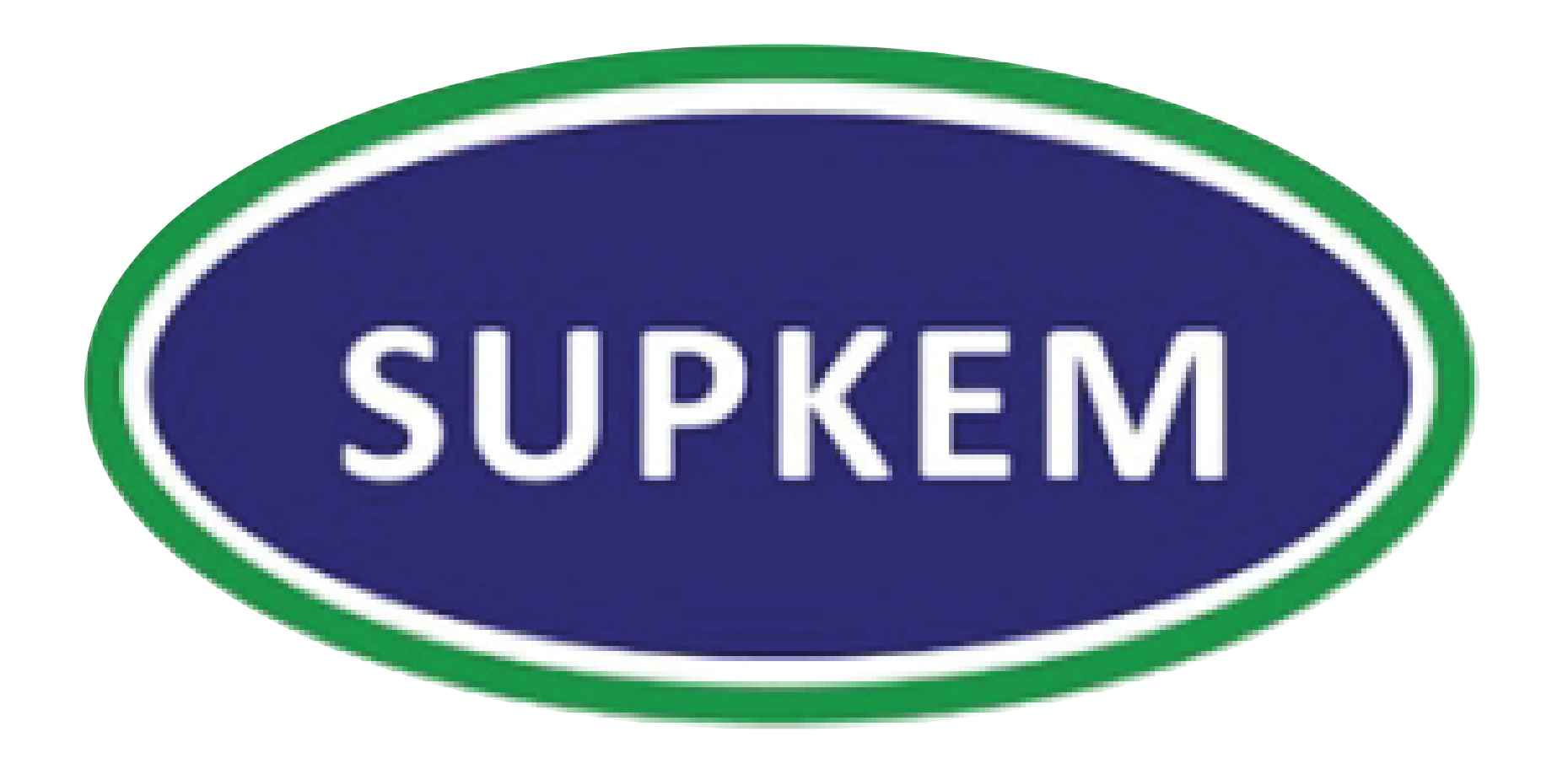The SUPKEM Garissa promotes the capacity development of community members to demand accountability from both the legislative and executive. SUPKEM works though other CSO, CBOs, religious leaders and government official to advocate for public accountability, participatory democracy, sustainable economic growth, and human rights within Garissa County.
Deepening Sustainable and Equitable Increases in Family Planning in Tana River and Garissa counties of Kenya
In this project SUPKEM has a role in sensitizing the
community about reproductive health in relation to culture and religion. We
worked with Community Health Workers, Facility in charges, Community health promoters,
Ward Administrators, Area Chiefs, Religious leaders, Youths champions, Local CBOs
and Women of reproductive health.
To address barriers to FP uptake
and support acceptance of FP services in order to challenge social norms that impede FP uptake
and give women a voice to make FP/RH decisions to religious, traditional and
community leaders’ dialogues
2. Conduct RH/FP sensitizations for 120 Muslim Scholars within the county to support in advocacy.
3. Support bi-annual joint review meetings between religious leaders and scholars in the community.
4. Engage Muslim youth leaders, women leaders and other local faith CSOs.
5. Conduct Exchange Learning Forums across counties for sharing of best practices
output ACHIEVEMENTS
There has been an increase in family planning
coverage from 11.2 % (July 2022 to June 2023) to 14% in (July 2023 to June
2024) which shows an increase in the family planning coverage. There has also
been an increase in the number of Women of reproductive age (WRA) receiving
family planning (FP) commodities from 1,354 in (Jul 2022 to Jun 2023) compared
to 1,704 in (July 2023 to June 2024). Besides the coverage, the health workers
have reported increased motivation from the community health promoters and the other
influencers which are linked to the support provided by the religious leaders.
Due to the DEESIP influence, health workers have incorporated the religious
leaders in the Monthly public health education at the target facilities who
further clarify myths and misconceptions on FP. As a result of religious
leaders publicly supporting family planning, there has been increased
acceptance of FP services in the community.
Activity ACHIEVEMENTS
·
In three
sub-counties, 120 Muslim scholars and religious leaders received training on
reproductive health and family planning.
·
In
Garissa, Tana Delta, and Balambala sub-counties, 80 Muslim youth leaders, women
leaders, and faith-based CBO members were trained on RH/FP models 1 and 2.
·
Through
community dialogues, the reproductive rights knowledge of 3,154 citizens across
three sub-counties was enhanced regarding family planning.
·
30 CBOs
underwent capacity assessments.
2022 Project
Rooting Democracy in Kenya through an informed citizenry
In this
project, we work with civic educators at village level, local
CBOs, religious leaders, youth, women, elected leaders and county ward
administrators in all wards of Garissa County to contribute towards an
informed, empowered and democratic society.

PROMOTING SOCIAL ACCOUNTABILITY FOR IMPROVED HEALTH SERVICE DELIVERY IN THE COUNTIES
Under this project, the organization works with civic educators at village level, health facility management committees, community score card committees and duty bearers at Garissa county health department to enhance improvement in health service delivery.

Promoting access to legal rights through increased demand for legal aid and assistance by the poor and marginalized in Garissa County.
This project
is implemented in Garissa County (Garissa Township. And Lagdera Sub counties)
with support from Amkeni Wakenya (UNDP) in order to increase access to legal
aid and justice for the poor and marginalised in Garissa County within the
framework of legal aid act 2016.

Delivering sustainable and Equitable increase in Family planning in Kenya
DESIP Project is a UK aid funded programme, focused on Delivering Equitable and
Sustainable Increases in Family Planning (DESIP) in low Contraceptive
Prevalence Rate (CPR) counties in Kenya, in line with ‘Vision 2030’.
Target Population is women of reproductive age with special focus on;
Adolescents, Poor of women ( > $ 1.90 per day), People Living with
Disability (PLwD)

ix. Conducted facility-based sensitization forums to enhance the acceptance of family planning
x. Participated cluster meetings organized by PSK.
xi. Undertaken support supervision a cross the facilities we are supporting in order to give them mentorship and also help them improve their service delivery.
xii. Conduct RDQA for the facilities we support.
xiii. Male involvement- we have done male involvement meetings to enhance the involvement of men in FP activities
xiv. Community dialogues- we have facilitated community dialogues in some facilities to create sensitization on FP activities
